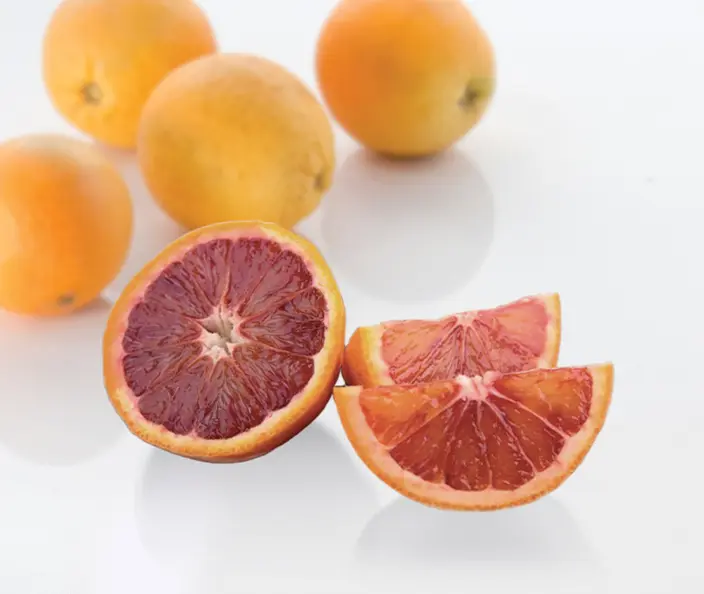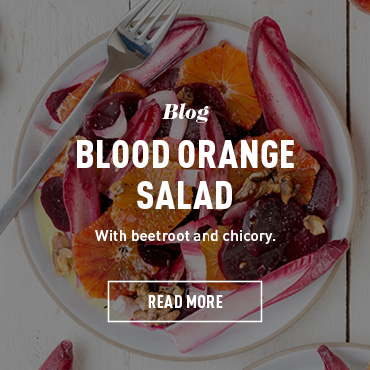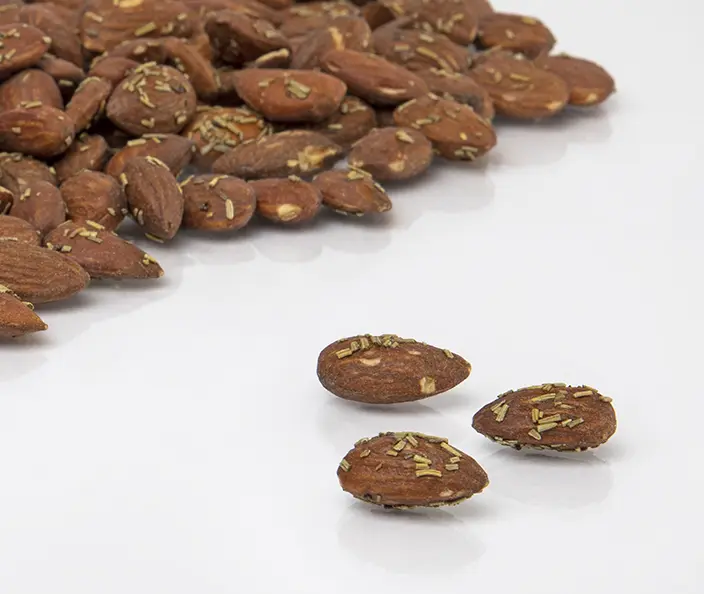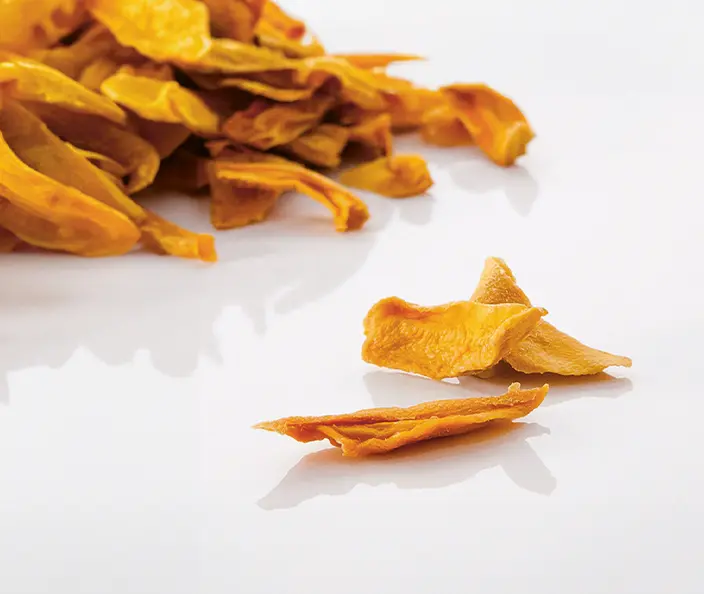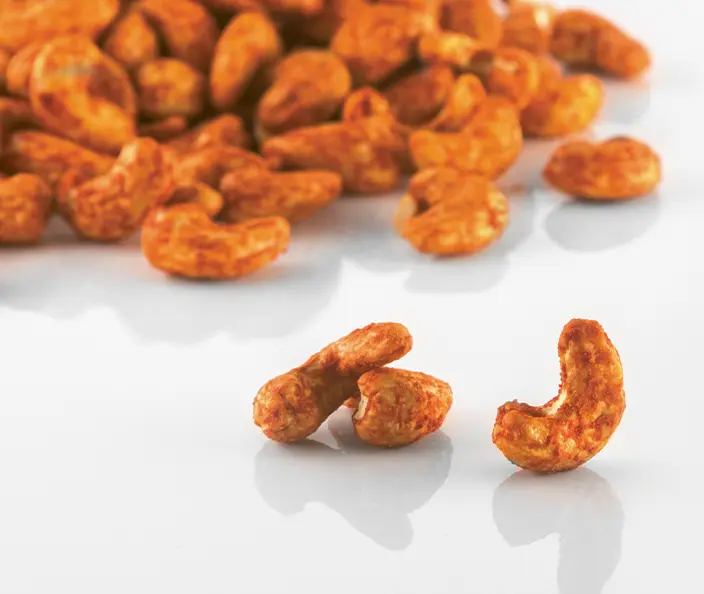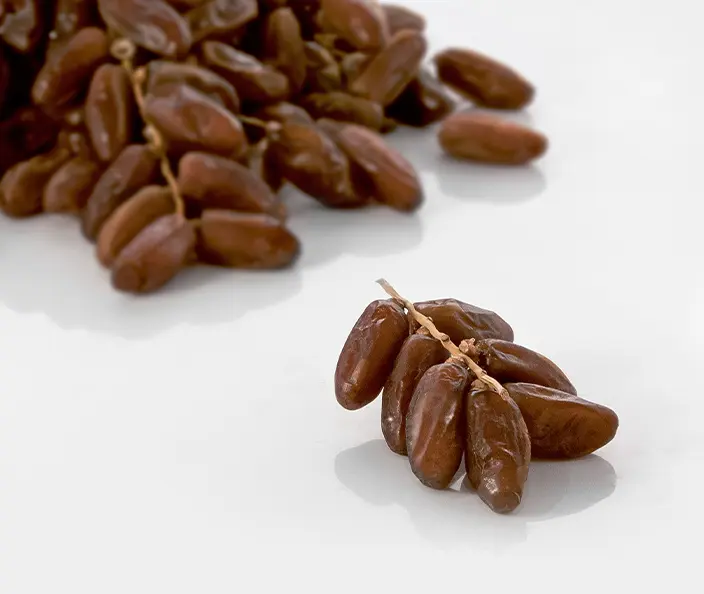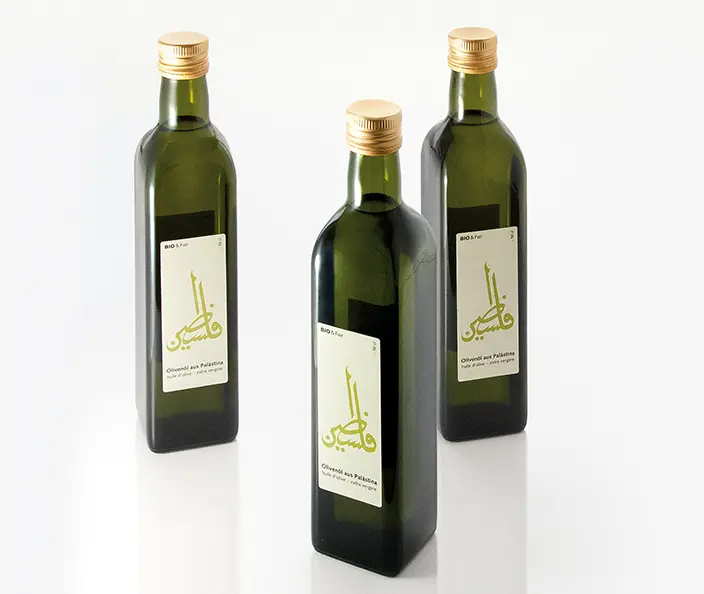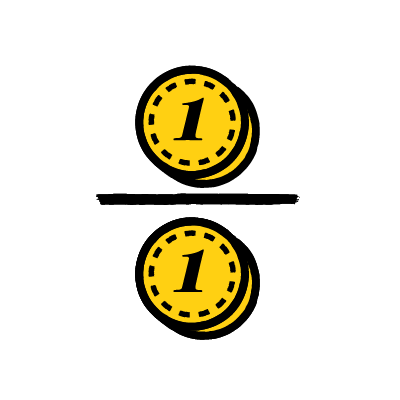Blood oranges
Organic
Greece
Available for pre-order from: Autumn
These blood oranges of the Moro and Tarocco varieties work well both for juicing and eating fresh. However, they taste sourer than our blond oranges. Whether the fruit inside is blood red or orange is determined by nature. The blood oranges only acquire their eponymous colour when they have been exposed to low temperatures during their growth.
 How much is that?
How much is that?
13 kilo is equal to 39-78 oranges. The numbers are so variable because the trees grow different sized fruits depending on their location and the weather, and we don't sort the fruits according to size.

 Storage & shelf life
Storage & shelf life
Stored in a cool place, oranges will keep for about four weeks. If you store the fruit on the balcony or on the terrace, protect it from frost with a blanket or in a polystyrene box. Check your oranges for bruises and minor damage as soon as you receive them. Eat these ones first. If you find mould, remove the affected fruit.
Sustainability and supply chain
Producers
Grown by 12 family farmers on an average of 0.6 hectares in the Argolida and Aitoloakarnania regions of Greece.
Cultivation
Organic, irrigated fields – 20% drip irrigation, 80% sprinklers – harvested by hand.
Processing
Sorted by hand, never repackaged and packaged without plastic. 100% of employees have employment contracts, wages are at or above minimum wage.
Purchasing & Logistics
Purchased directly from harvest via our partner Anyfion since 2013. We hold a 20 percent stake in Anyfion. Transport by truck to Patras, ship to Ancona/Venice, truck to our distribution warehouse.
CHRISTOS SALTOS
FARMER FROM MASTRO, GREECE
Nature gives me a feeling of freedom.
Traoré Ouo lives with her husband and four children in the village of Toussiana. "In addition to mangos and cashew nuts, we grow maize and sell it on the local market. It's especially important for me to be able to send my children to school," says the farmer. "Three of my children are still in school and my eldest son already has a job, so they can't help us with the work in the fields. That's why everyone in the neighbourhood supports each other."


 Login
Login


